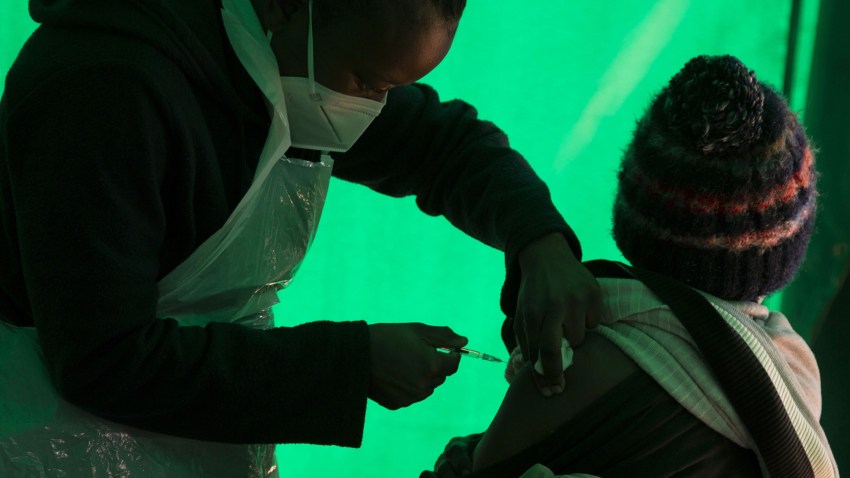By the late 1990s, an HIV diagnosis was no longer considered a death sentence in the wealthy countries of the Global North. Advances in medical technology had brought new drugs onto the market that could reverse the disease’s progression. However, those life-saving drugs were priced out of the reach of most patients across the Global South, where millions of people continued to die unnecessarily.
There are echoes now of that earlier era, as those same regions are largely going without COVID-19 vaccines—even as wealthier countries move on to administer booster shots for their populations.
In response to the disparity in access to HIV medication, leaders and activists at the time focused some of their outrage on the Agreement on Trade-Related Aspects of Intellectual Property, or TRIPS. A foundational document of the World Trade Organization, the agreement—which was reached in 1994 and took effect the following year—was meant to set minimum standards for protecting intellectual property. But as critics pointed out, those rules, especially the new patent protections, were invoked to block production of more affordable generic versions of HIV drugs.

